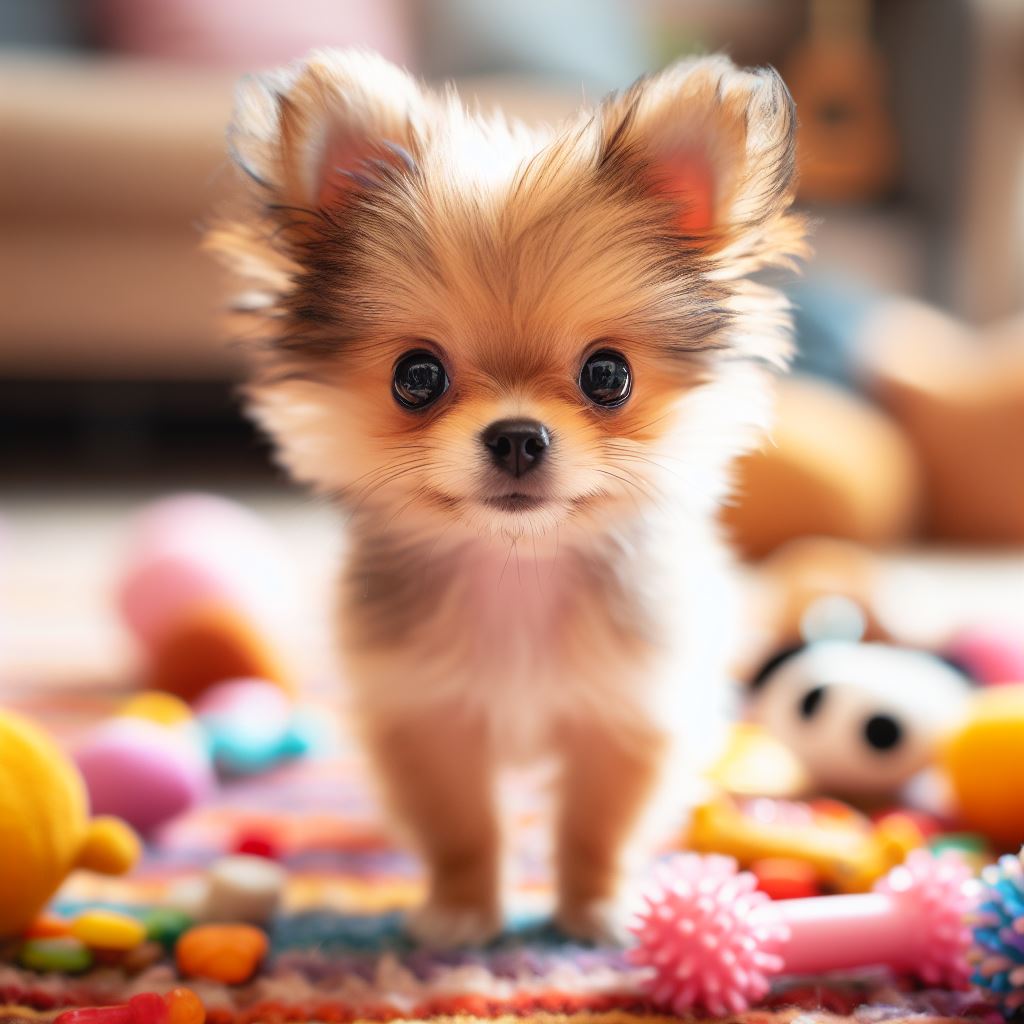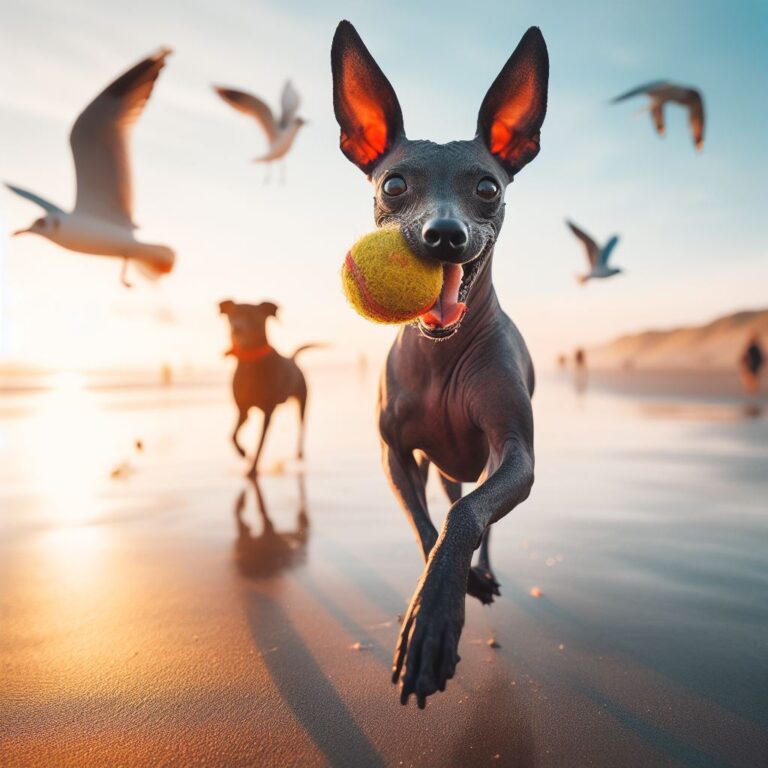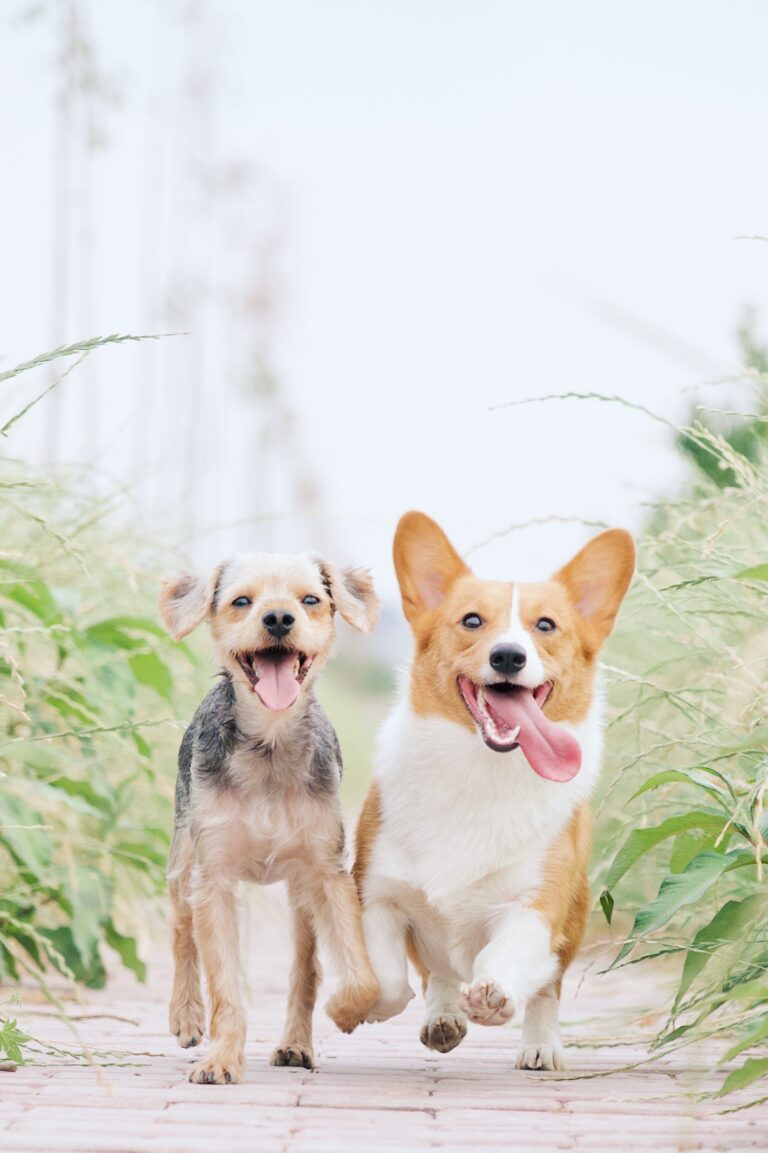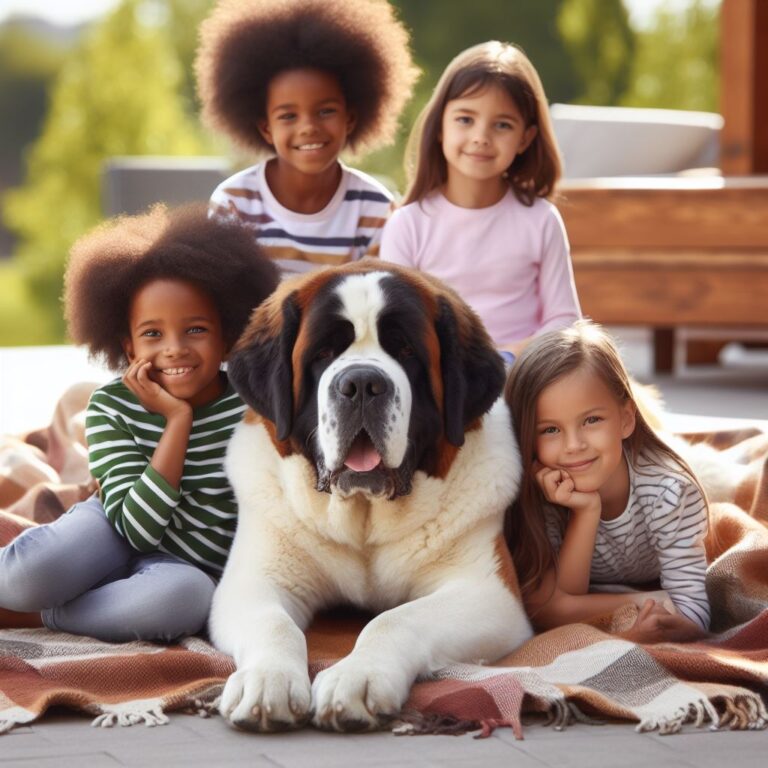Small but Mighty: Tiny Dog Breeds
Explore a Delightful World of Small Dog Breeds: Your Guide to Their Big Personalities and Irresistible Charm
Table of Contents
- Introduction: The World of Small Dog Breeds
- A Fascinating Variety of Tiny Canines
- The Allure of Small Dogs
- Tiny Dogs with Big Personalities
- Chihuahua: The Fearless Protector
- Pomeranian: A Ball of Fluff and Energy
- Dachshund: Curious and Courageous
- Yorkshire Terrier: The Elegant Diva
- Shih Tzu: A Sweet and Affectionate Companion
- Small Size, Great Companionship
- Why Choose a Small Dog?
- Training Small Breeds
- Health and Care for Petite Pups
- Common Health Considerations
- Caring for Your Small Dog
- FAQs: Answering Your Small Dog Breed Questions
- Are small dog breeds suitable for families?
- What’s the typical lifespan of small dog breeds?
- How much exercise do they need?
- Are there specific health concerns for small dog breeds?
- What’s the ideal diet for small dog breeds?

Introduction: The World of Small Dog Breeds
Welcome to the enchanting world of small dog breeds, where tiny canines reign supreme with their unique charm and charisma. In this comprehensive guide, we will delve into the diverse universe of small dogs and what makes them extraordinary companions.
A Fascinating Variety of Tiny Canines
When it comes to the world of dogs, there’s an astonishing array of breeds. They vary greatly in size, appearance, and temperament. However, small dog breeds have something truly special about them. They’ve captured the hearts of many with their irresistible charm and endearing qualities.
The Allure of Small Dogs
What is it about small dogs that makes them so appealing? It’s not just their size; it’s the incredible personalities they possess. Small dogs have an undeniable allure that sets them apart in the world of canine companionship. Their charm is like a magnet, drawing people from all walks of life.
Tiny Dogs with Big Personalities
Despite their small stature, these tiny dog breeds possess larger-than-life personalities. Let’s meet some of these delightful companions:
Chihuahua: The Fearless Protector
Chihuahuas may be small, but they have hearts full of courage. They are fiercely loyal and make excellent watchdogs. Learn more about these tiny protectors and their bold personalities.
Pomeranian: A Ball of Fluff and Energy
Pomeranians are like fluffy bundles of joy. Their boundless energy and vibrant personalities make them a delight to be around. Discover why Pomeranians are a ball of fun.
Dachshund: Curious and Courageous
Dachshunds, with their distinctive elongated bodies, are known for their curiosity and bravery. These little adventurers are always up for exploration and fun.
Yorkshire Terrier: The Elegant Diva
The Yorkshire Terrier, often called the “Yorkie,” is a true diva in the world of small dog breeds. Their elegance and charm make them a favorite among dog enthusiasts.
Shih Tzu: A Sweet and Affectionate Companion
Shih Tzus are the epitome of sweetness. Their affectionate nature and friendly disposition make them wonderful companions for families and individuals alike.

Small Size, Great Companionship
Why choose a small dog? Well, there are plenty of reasons. Small dogs are not only adorable but also great companions. Their compact size makes them perfect for various living situations, and they bring joy and warmth into your life.
Why Choose a Small Dog?
If you’re contemplating bringing a dog into your life, you might wonder why a small dog is a great choice. We’ll explore the advantages of having a small dog as your loyal companion.
Small dogs are not only incredibly cute but also practical in various living situations. They are the perfect pet for apartments and smaller homes, and their size makes them travel-friendly companions. Additionally, small dogs are known for their longevity, which means you can enjoy their company for many years. Their manageable size also means less shedding and easier grooming.
Training Small Breeds
Training small dog breeds is a unique experience. They are intelligent and eager to please but also have their own set of challenges. Discover effective training techniques tailored to small dogs.
Training small dog breeds can be a joy, thanks to their intelligence and eagerness to please. However, it’s important to adapt your training methods to suit their size and temperament. Here are some tips for successful small dog training:
- Start Early: Begin training your small dog as a puppy. Early training sets the foundation for good behavior.
- Positive Reinforcement: Use positive reinforcement techniques such as treats, praise, and rewards to motivate your small dog during training.
- Socialization: Expose your small dog to various people, animals, and environments to ensure they grow up to be well-adjusted and friendly.
- Patience: Small dogs may take a little longer to master certain commands, so be patient and consistent in your training efforts.
- Keep it Short: Small dogs have short attention spans. Keep training sessions short and focused to prevent them from getting bored.
- House Training: Small dogs can be more challenging to house train due to their small bladders. Be consistent with a schedule and positive reinforcement.
- Obedience Classes: Consider enrolling your small dog in obedience classes to enhance their training in a controlled environment.
Health and Care for Petite Pups
Caring for small dog breeds involves specific considerations for their well-being. Let’s explore these important aspects:
Common Health Considerations
Just like their larger counterparts, small dogs have their own set of health concerns. We’ll look at these common issues and how to keep your petite pup in top shape.
Small dogs are prone to specific health issues, so it’s essential to be proactive in their healthcare. Common health considerations for small dog breeds include:
- Dental Health: Small dogs often have dental problems. Brush your dog’s teeth regularly and provide dental chews or toys to maintain oral health.
- Luxating Patella: This condition can affect small dog breeds. Regular exercise and weight management can help prevent this issue.
- Obesity: Small dogs can gain weight quickly. Monitor their diet and ensure they get enough exercise to prevent obesity.
- Collapsing Trachea: This condition is more common in small dogs. Use a harness instead of a collar to prevent pressure on the trachea.
- Hypoglycemia: Small puppies are at risk of low blood sugar. Feed them frequent, small meals to maintain their blood sugar levels.
- Respiratory Issues: Some small breeds, like the brachycephalic ones (e.g., Bulldogs, Pugs), may have respiratory problems. Avoid strenuous exercise in hot weather.

Caring for Your Small Dog
From grooming to nutrition, small dogs have unique care requirements. Learn how to provide the best care for your tiny companion.
Small dogs need special care to thrive. Here’s how to ensure your petite pup lives a happy and healthy life:
1. Grooming: Small dogs often have long, luxurious coats. Regular grooming is essential to prevent matting and tangling. Additionally, grooming is an excellent bonding activity between you and your dog.
2. Exercise: Even though they’re small, small dogs need exercise to stay fit and healthy. Daily walks and playtime are essential to keep them happy.
3. Nutrition: Consult with your veterinarian to determine the best diet for your small dog’s specific needs. High-quality dog food is vital to their well-being.
4. Regular Vet Check-ups: Small dogs can be more susceptible to certain health issues, so regular vet visits are crucial for early detection and prevention.
5. Dental Care: Dental health is critical for small dogs. Brush their teeth regularly and provide dental chews or toys.
6. Safety: Due to their small size, small dogs can be vulnerable to accidents and injuries. Be cautious around larger dogs and in busy areas.
7. Training: Consistent training and socialization help small dogs be well-behaved and confident.
FAQs: Answering Your Small Dog Breed Questions
Let’s address some common questions about small dog breeds:
Are small dog breeds suitable for families?
Absolutely! Small dog breeds can make fantastic family pets. They are often affectionate, playful, and can form strong bonds with children. However, it’s essential to choose a breed that matches your family’s lifestyle and energy level.
What’s the typical lifespan of small dog breeds?
The lifespan of small dog breeds varies, but many can live well into their teens. With proper care and a healthy lifestyle, it’s not uncommon for small dogs to reach 15 years of age or more.
How much exercise do they need?
Small dogs do require regular exercise, but their needs are typically less demanding than larger breeds. Daily walks and some playtime in a fenced yard are usually sufficient.
Are there specific health concerns for small dog breeds?
Yes, small dog breeds can be prone to specific health issues, such as dental problems, obesity, and respiratory issues. Regular vet check-ups and a well-balanced diet are crucial for their health.
What’s the ideal diet for small dog breeds?
The ideal diet for small dog breeds should be tailored to their specific needs. Consult with your veterinarian to choose a high-quality dog food that suits their size, age, and any specific health considerations.
Conclusion: Embrace the Charm of Small Dog Breeds
In conclusion, small dog breeds may be tiny in size, but they possess hearts overflowing with love and personality. Whether you’re seeking a fearless protector or a sweet and affectionate companion, these tiny dogs offer immense joy and companionship.
Summary:
This guide has introduced you to the captivating world of small dog breeds, celebrating their unique personalities, advantages, and care requirements. Whether you’re considering adding a dog to your family or simply charmed by these petite pups, they are indeed small but mighty in every way.







